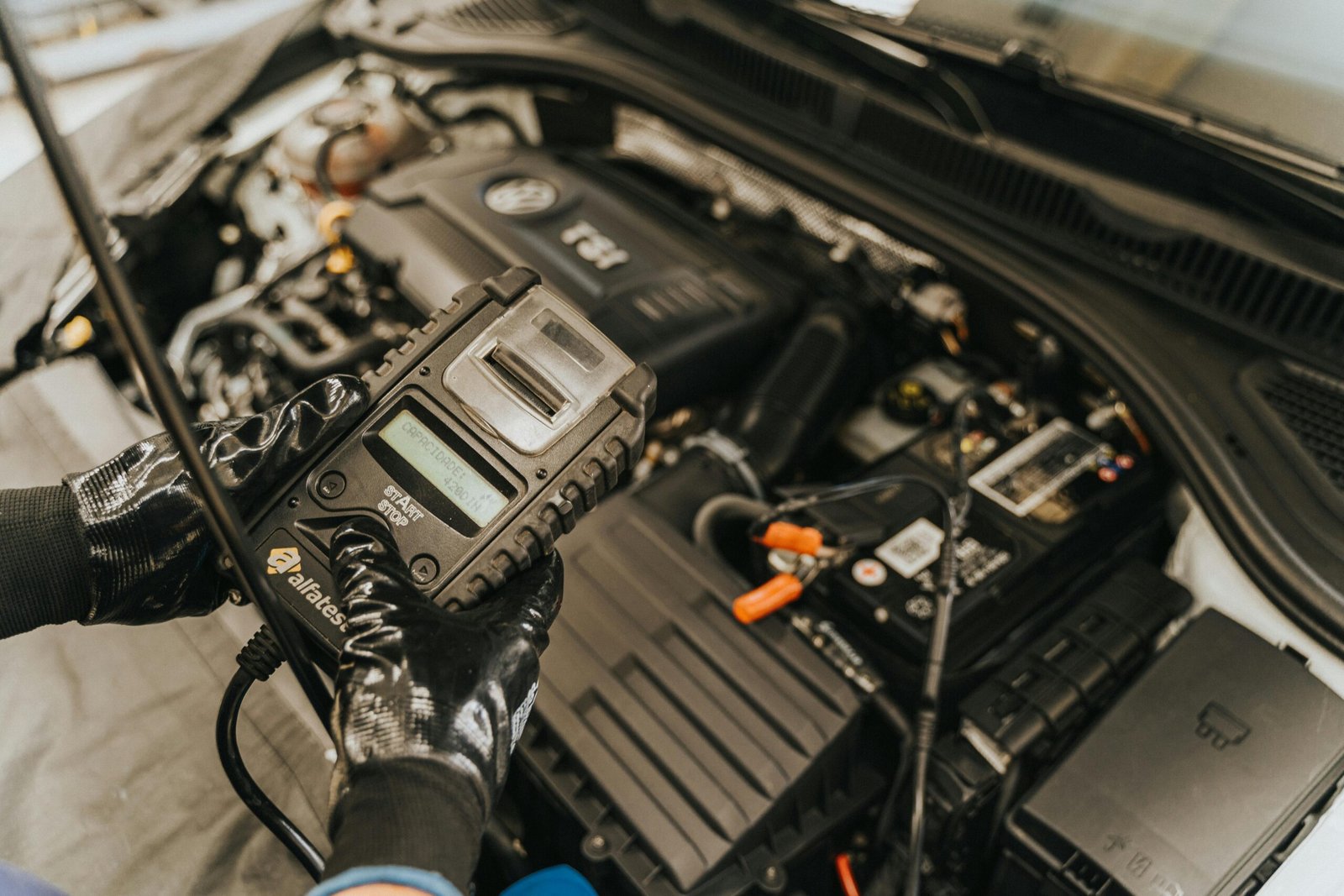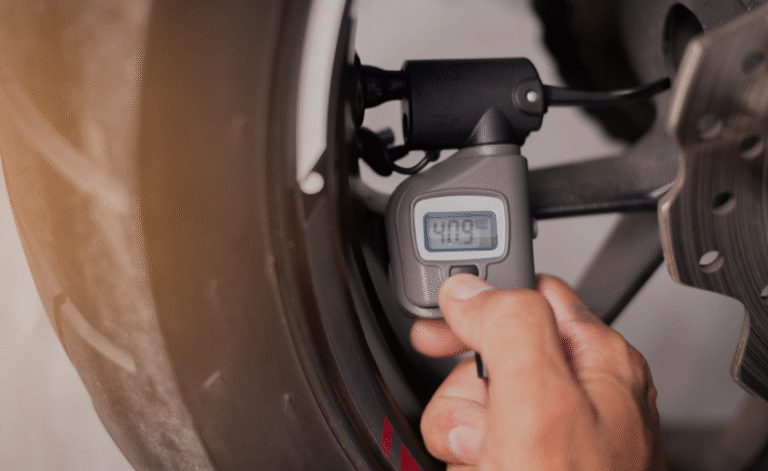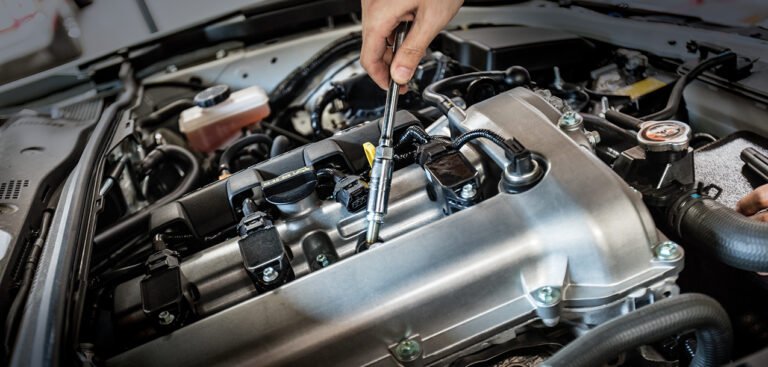Understanding Auto Tune-Up Cost: What You Need to Know in 2025
When it comes to keeping your car in top shape, regular maintenance is essential. One crucial aspect of this maintenance is the auto tune-up. However, many car owners find themselves wondering, What exactly is the auto tune-up cost? Whether you’re a first-time car owner or simply unfamiliar with the specifics, understanding the cost of an auto tune-up can help you plan your budget and make informed decisions.
In this article, we’ll explore everything you need to know about auto tune-up costs, including what’s involved in a tune-up, the factors that influence the price, and tips for saving money while keeping your car running smoothly.
What is an Auto Tune-Up?
An auto tune-up refers to a series of services aimed at improving your vehicle’s performance. This typically includes replacing old or worn-out parts, checking various components, and ensuring that the car runs efficiently. While the specifics can vary depending on your vehicle’s make and model, a typical auto tune-up will cover:
- Spark plugs replacement
- Air filter change
- Fuel filter replacement
- Inspection of the ignition system
- Check and adjust of the timing belt (if necessary)
- Inspection of the engine, belts, and hoses
With regular tune-ups, your car’s engine will operate more efficiently, leading to better fuel economy, lower emissions, and fewer breakdowns.
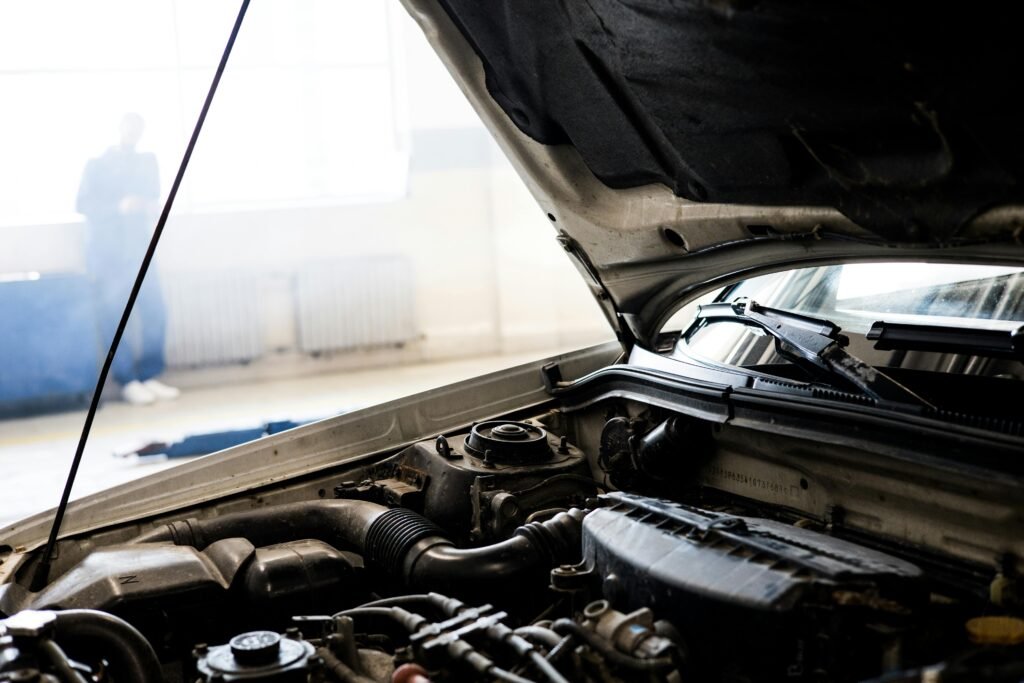
Factors Affecting Auto Tune-Up Cost
The auto tune-up cost can vary significantly based on several factors. Understanding these can help you anticipate what you’ll be paying when you bring your vehicle in for maintenance.
1. Car Make and Model
The type of car you drive plays a major role in determining the cost of a tune-up. Luxury or foreign cars, such as BMW or Mercedes-Benz, may require specialized parts or expertise, which can drive the price up. On the other hand, standard models, like Honda or Toyota, may cost less to maintain.
2. Location of the Service
The geographic location where you’re getting your auto tune-up also influences the price. Urban areas with higher labor costs generally have higher service prices compared to rural areas. It’s worth checking a few local auto shops to compare quotes.
3. Service Provider
Choosing between a dealership, independent mechanic, or chain auto repair shop can significantly impact the cost. Dealerships, while offering specialized services, tend to be more expensive. Independent mechanics often provide competitive pricing, while chain shops might offer budget-friendly deals but may not always have the same personalized service.
4. Parts and Labor
Parts, like spark plugs or air filters, vary in price depending on the brand and quality. High-quality aftermarket parts can add to the overall cost of the auto tune-up. Additionally, labor costs can differ depending on the complexity of the work and the hourly rate charged by the mechanic.
5. Frequency of Service
If your car is due for a more comprehensive tune-up, such as one that involves inspecting or replacing major components like the timing belt or fuel injectors, the cost will be higher. Regular, more routine tune-ups are generally more affordable.
Average Auto Tune-Up Cost in 2025
On average, the auto tune-up cost can range anywhere from $150 to $600, depending on the factors mentioned above. For most cars, you can expect to pay around $200 to $300 for a standard tune-up. However, if you need more extensive work or are driving a luxury vehicle, the price may increase.
Here’s a general breakdown of what you might pay:
- Basic tune-up: $150 to $250
- Full tune-up with engine inspection: $300 to $600
- Luxury or foreign car tune-up: $400 to $700+
It’s always a good idea to ask for a detailed estimate before you commit to the service.
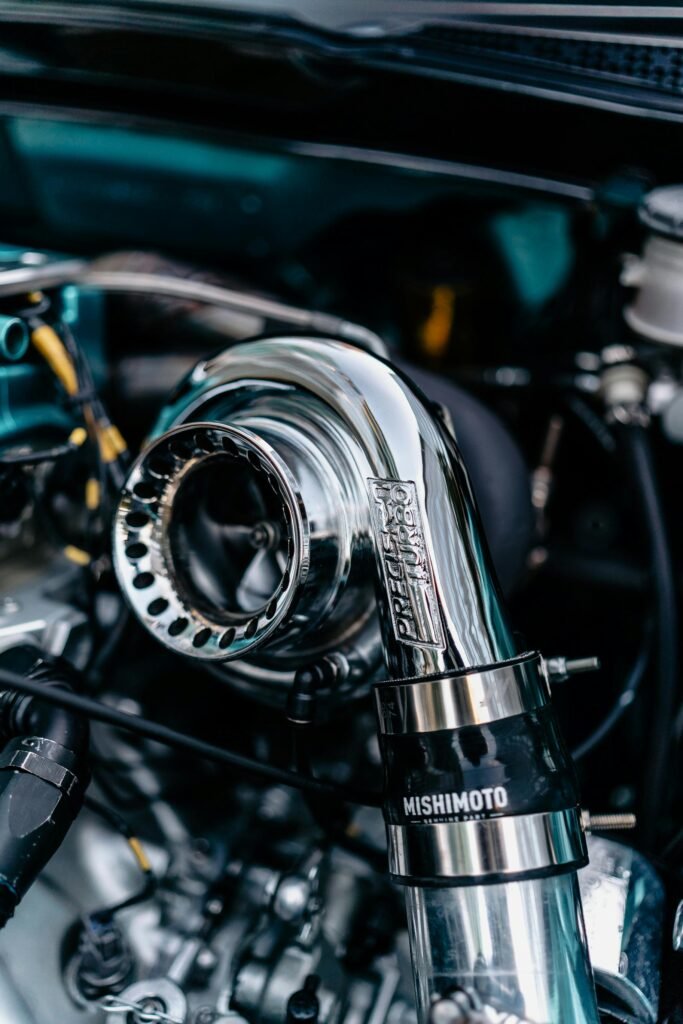
How to Save on Auto Tune-Up Costs
While regular tune-ups are vital to your car’s longevity, there are a few ways to minimize costs without sacrificing quality:
1. Routine Maintenance
The best way to avoid hefty tune-up costs is by performing basic maintenance regularly. This includes checking and changing your oil, replacing filters, and ensuring that belts and hoses are in good condition. Addressing small issues before they escalate can save you from larger repair bills down the road.
2. Shop Around
Don’t settle for the first price you receive. Call around to multiple auto repair shops and ask for estimates. Some places offer discounts or promotional offers, especially for first-time customers or through memberships.
3. DIY for Simple Tasks
For minor maintenance tasks like replacing the air filter or spark plugs, consider doing it yourself. Many car owners can handle basic auto tune-up tasks with the help of online tutorials, saving money on labor costs.
4. Check Your Warranty
If your car is still under warranty, certain services may be covered, including auto tune-ups. Check your warranty agreement to see what’s included, and always keep track of service records for future claims.
Signs Your Car Needs a Tune-Up
How do you know when it’s time for a tune-up? Look for these signs:
- Poor fuel efficiency: If your car is consuming more fuel than usual, it could be a sign that the engine isn’t running as efficiently as it should.
- Engine misfires or rough idling: This often indicates problems with the spark plugs or the ignition system.
- Decreased performance: If your car feels sluggish or is lacking in power, a tune-up might be necessary.
- Check engine light: If your dashboard light turns on, it’s always worth getting your car checked to rule out any issues.

Conclusion
Understanding the auto tune-up cost is essential for planning your car’s maintenance and ensuring it runs smoothly for years to come. With an average cost ranging from $150 to $600, you can manage your vehicle’s upkeep without breaking the bank by shopping around, performing routine maintenance, and choosing a service provider that fits your needs.
Remember, regular tune-ups are not just about improving performance—they’re also about preventing major issues down the road. So, take the time to schedule your next tune-up and keep your car running like new.


